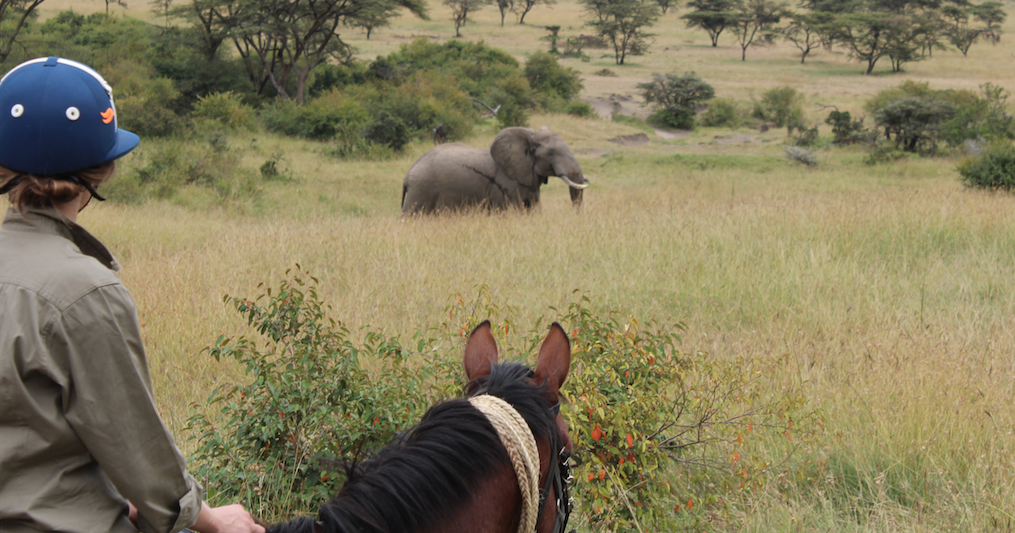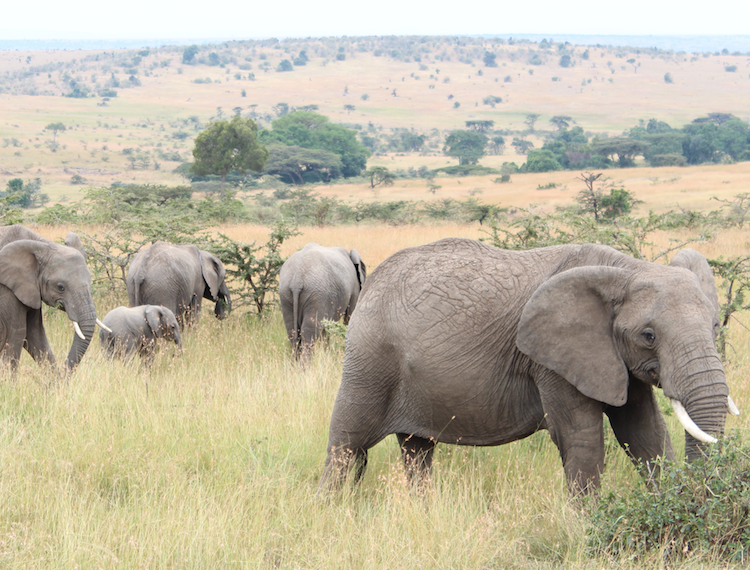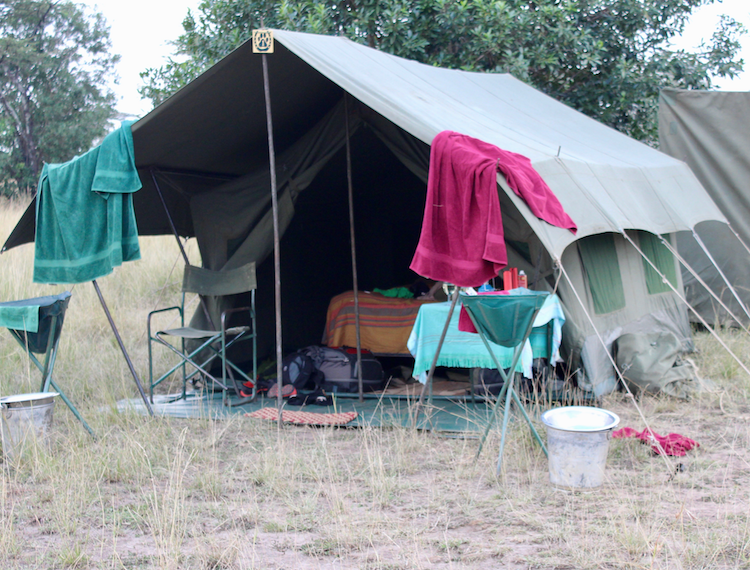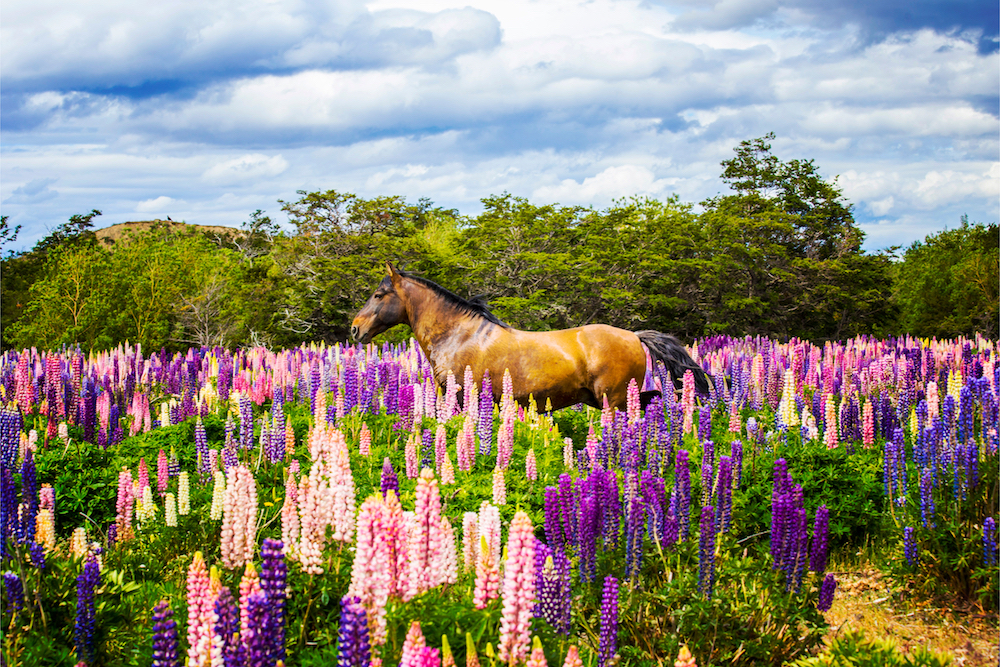“Shall we have a trot?” your guide asks rhetorically, as he urges his horse into a faster gait. Within seconds, the entire tour group is galloping across the Kenyan savannah. A tower of giraffes is startled by the commotion, and begins to run along side of the herd. Your horse jumps down into a gully, over a fallen tree, and back out the other side, where zebra and wildebeest look up from peaceful grazing. The horses are pulled up, and you are momentarily stunned by the magic of racing alongside one of nature’s rarest and most marvelous creatures in one of this planet’s last wild frontiers.

Horseback safaris are certainly not for the faint of heart, or those who are green in the saddle. They can be dangerous, grueling, and lacking in the dollar-to-amenity ratio. Most days, safari guests rise before the sun, relieve themselves in a hole that has been dug behind their tent, splash warmed river water on their faces, then cover their bodies in sunscreen and multiple layers of clothing to battle frigid mornings that turn into sweltering afternoons. Except for a short lunch and shady siesta, the rides last all day and cover many miles. By the time dinner is finished and the evening campfire is roaring, a cot in a tent can be the most welcoming sight in the universe.
At OR, we often travel to get away from the rigors of our daily equine-centric routines, but the horseback safari is one instance in which we made an exception, and with no regrets. That said, we do have a few wish-we’d-known tips for anyone who might consider taking four legs – rather than four wheels – into the bush.
- The lions would rather sleep than eat you, and if you leave them alone, they will leave you alone. We promise.
- There will be packing restrictions, but make room for a helmet (bonus points for an Equivisor!).
- Do not drink the water, open your mouth in the shower, or eat anything that has been washed in the water (lettuce, fruit, etc.). Thankfully, avocados are safe!
- Be honest about your skill level. If you’re a novice (or simply prefer a babysitter of a horse), tell them. If you’re a hunter princess, you’re probably a skilled rider, but may not want to gallop through Africa on a green mount (ask us how we know…).
- Bug spray. Sunscreen. Gloves. Advil. Band-Aids.
- When booking, ask about the amount of ground covered each day. Less distance means more walking. We will admit that we somewhat accidentally chose the adrenaline-junkie tour, and while we have some incredible stories, fewer full-speed gallops over questionable terrain may have been less terrifying.
- A giraffe can (and will) kick your head off your shoulders from 25 feet away. Give them a bit of space.
- Watch out for low hanging branches, because while the Masai village doctor may be able to reset your shoulder, he will not be able to provide you with adequate pain medication (thankfully, this was only witnessed and not experienced).
- When the safari is over, you will need a vacation from your vacation, so schedule a few days of pampering in Diani Beach or the Seychelles.
Now you’re ready to saddle up, pop the top on a Tusker, and check out African Horse Safaris to search horseback tours by location, skill level, duration, and price.
Safari njema! (Swahili for Bon Voyage!)












